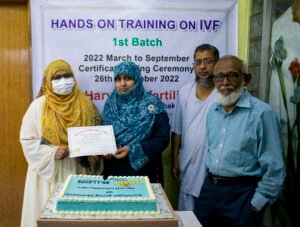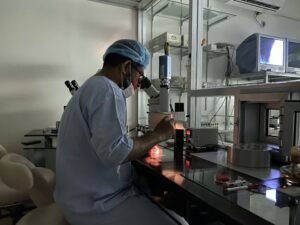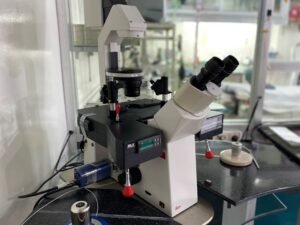GALLERY
Welcome to our Gallery page, where moments of inspiration and beauty converge. Dive into a visual feast of creativity and expression as we showcase a curated collection of captivating artworks, breathtaking landscapes, and stunning photographs. Each image tells a unique story, inviting you to explore the depths of imagination and emotion. From vibrant paintings to intricate sculptures, every piece on display reflects the diverse talents of our featured artists. Whether you seek artistic inspiration or simply wish to immerse yourself in the beauty of the world, our Gallery page offers an enchanting escape. Browse at your leisure and discover the power of art to ignite the senses and stir the soul.





KNOW US MORE FROM VIDEO
Welcome to our Video Gallery, where captivating moments unfold in motion. Step into a world of visual narratives, where each video tells a story of its own. Explore our carefully curated collection, showcasing the essence of our endeavors, events, and achievements. From insightful interviews to behind-the-scenes glimpses, immerse yourself in the vibrant tapestry of our organization’s journey. Whether you seek inspiration, information, or simply delight in the art of storytelling, our Video Gallery offers a dynamic array of content to engage and captivate. Join us as we bring our vision to life, frame by frame, in this dynamic showcase of sight and sound.
Frequently Asked Questions
What is infertility, and how common is it?
Infertility is defined as the inability to conceive after one year of regular unprotected intercourse (six months if the woman is over 35) or the inability to carry a pregnancy to term. Infertility affects approximately 1 in 8 couples worldwide.
What is In Vitro Fertilization (IVF), and how does it work?
IVF is a fertility treatment where eggs are retrieved from the woman’s ovaries and fertilized with sperm outside the body in a laboratory. The resulting embryos are then transferred back into the woman’s uterus. It’s a common option for couples struggling with infertility due to various factors.
What is Intracytoplasmic Sperm Injection (ICSI), and when is it used?
ICSI is a procedure where a single sperm is directly injected into an egg to facilitate fertilization. It’s typically recommended for couples with male factor infertility, such as low sperm count or poor sperm motility.
What is Pre-implantation Genetic Diagnosis (PGD), and how does it help?
PGD is a technique used during IVF to screen embryos for genetic disorders before implantation. It allows for the selection of embryos free from genetic abnormalities, reducing the risk of passing on inherited diseases to the offspring.
What is Intrauterine Insemination (IUI), and who can benefit from it?
IUI involves placing washed and concentrated sperm directly into the woman’s uterus around the time of ovulation to facilitate fertilization. It’s often recommended for couples with unexplained infertility or mild male factor infertility.
What is semen cryopreservation, and why might someone consider it?
Semen cryopreservation, also known as sperm freezing, is the process of preserving sperm cells by freezing them at very low temperatures. It’s commonly used by men undergoing medical treatments that may affect fertility, such as chemotherapy, or for those who want to preserve their fertility for future use.
What are the common causes of infertility in men and women?
Infertility can result from a variety of factors, including hormonal imbalances, ovulation disorders, tubal blockages, uterine abnormalities, sperm abnormalities, and age-related decline in fertility. Identifying the specific cause is crucial for determining the appropriate treatment.
What are the success rates of IVF and other assisted reproductive technologies?
Success rates vary depending on factors such as age, underlying cause of infertility, and the clinic’s expertise. Generally, IVF success rates range from 30% to 50% per cycle, but it’s essential to discuss individual prognosis and expectations with your fertility specialist.
What are the risks and potential complications associated with IVF and other fertility treatments?
While IVF and other fertility treatments are generally safe, they carry some risks, including ovarian hyperstimulation syndrome (OHSS), multiple pregnancies, ectopic pregnancy, and complications related to egg retrieval and embryo transfer. Your fertility specialist will discuss these risks and help you make informed decisions.
What lifestyle factors can impact fertility, and how can they be optimized?
Lifestyle factors such as smoking, excessive alcohol consumption, obesity, poor diet, stress, and environmental toxins can negatively affect fertility in both men and women. Adopting a healthy lifestyle, including regular exercise, a balanced diet, avoiding harmful substances, and managing stress, can improve fertility outcomes and overall reproductive health.